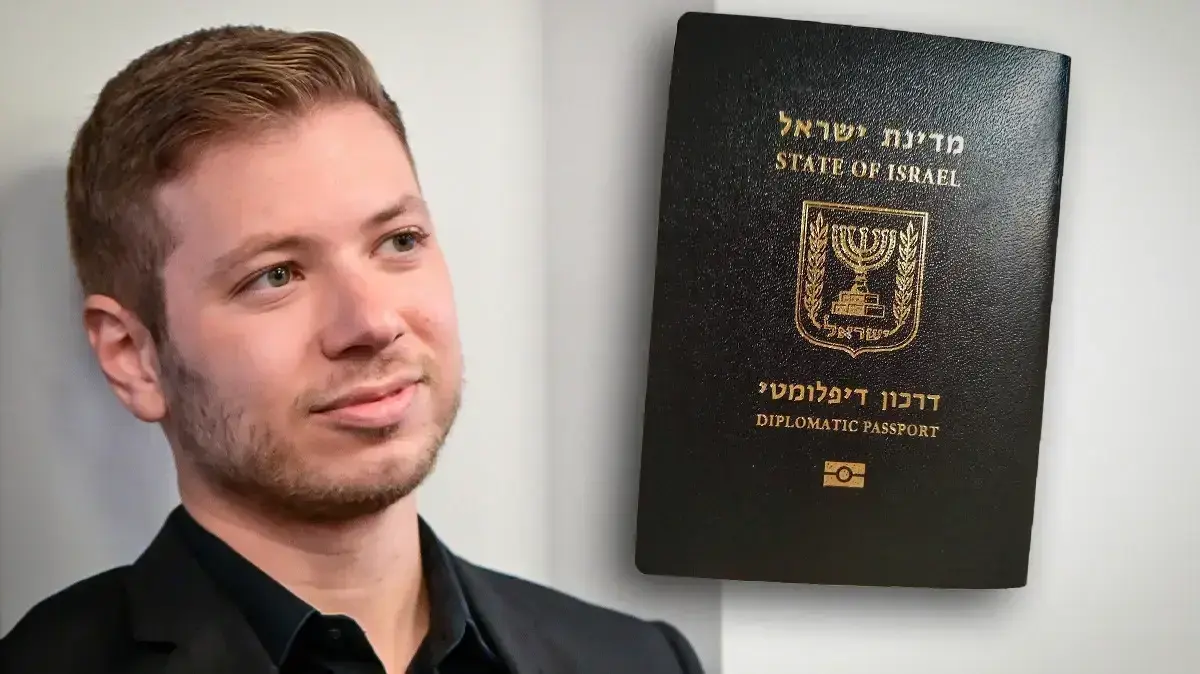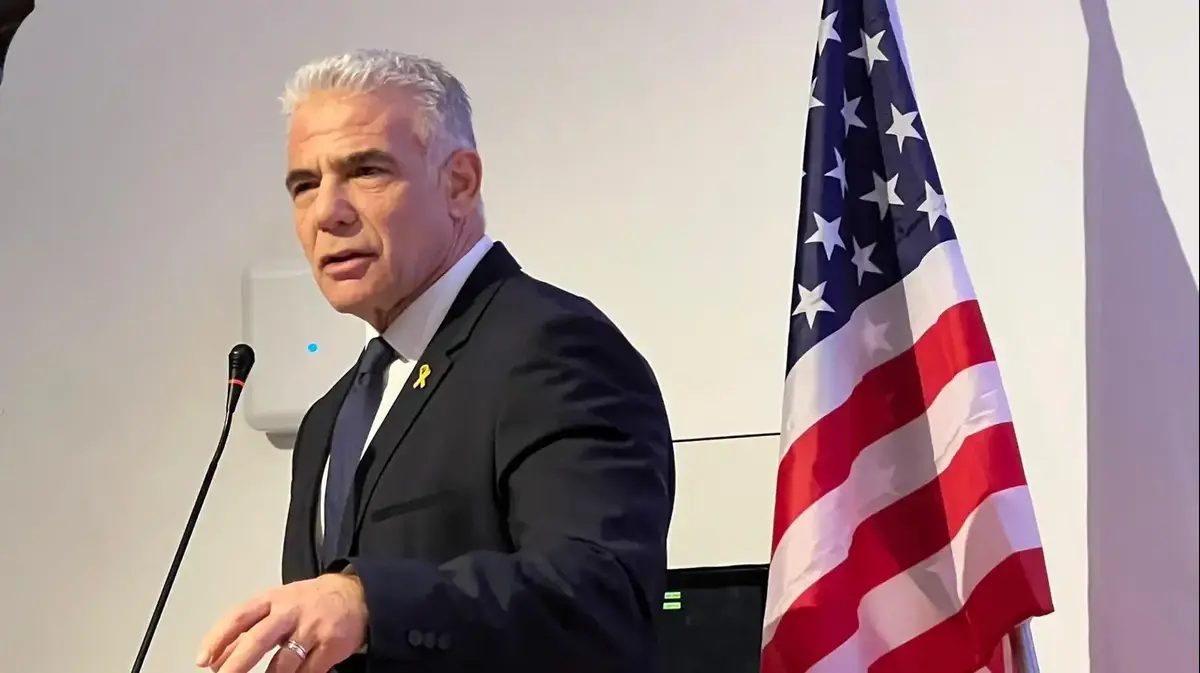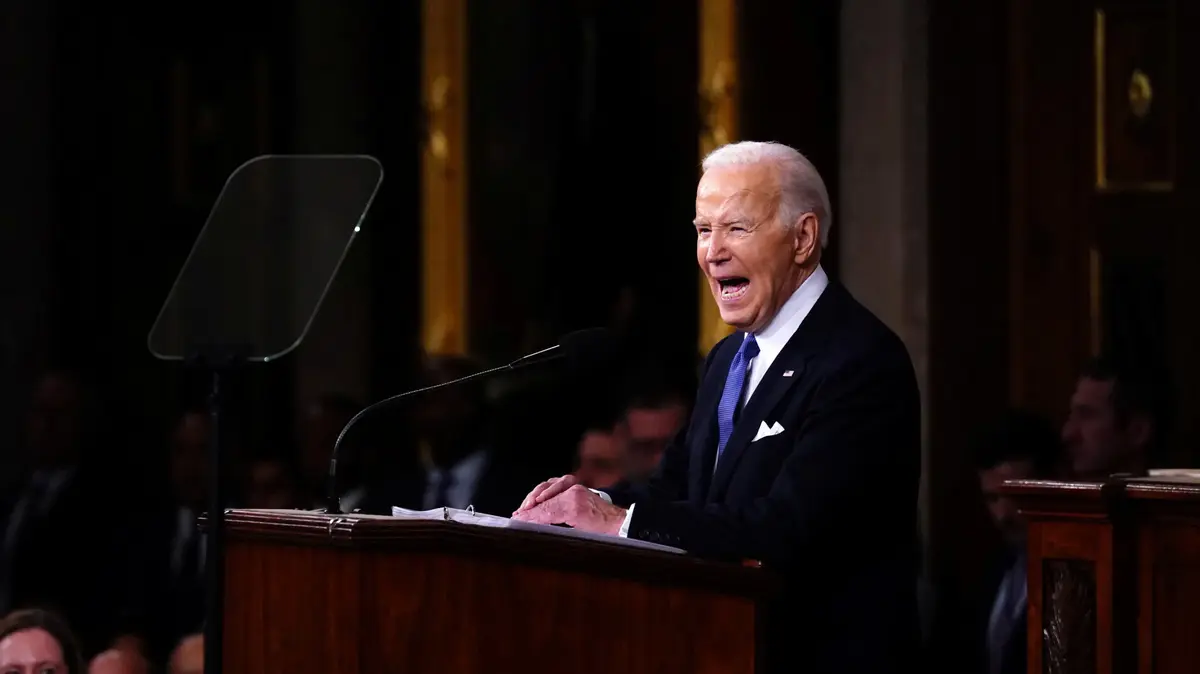We do not know yet whether Netanyahu will be able to form a government in the currently elected Knesset, but he clearly won a big personal and political victory. In a normal state of affairs, a leader who faces charges like those who have been charged with it, would not dare to stand for election. If he dared, his party would have thwarted it or failed at the ballot box.
Netanyahu stalled in 2019A, remained on his feet in 2019B, and now, after severe indictments and the state of Israel's general prosecution system - burst into a sweeping electoral achievement in his supporting plays.
Clearly, the explanation lies in the public's distrust of the law enforcement system, the police, the prosecutor's office and the attorney general. But what is the cause of distrust? Defenders of this system tell us that Netanyahu is inciting against it. He is supposed to have some kind of miraculous skill in overthrowing the innocent, or foolish, misunderstood public in the governance of a proper republic.
This claim is ridiculously swirling between feelings of inferiority and inferiority. She attributes to Netanyahu's opponent genius, almost supernatural, but towering over his supporters.
One way or another, Netanyahu is a talented man, but he has no supernatural abilities. And many of Netanyahu's voters may belong to strata that are relatively poorer and less educated, but they are no less rational than supporters of the opposite camp. Sometimes blind education, especially when degenerating to vanity.
The fickle political reality can completely disprove positions that seem self-evident to the enlightened and educated people, with the supposedly thin political understanding. The democratic spirit is based on the understanding that politics has a built-in practical and moral uncertainty, and no one holds the political "smart stone".
Thus, among other things, it denies a rule of "the knowing," of "worthy of control," Plato-style. This is one of the most important elements of the principle of citizenship sovereignty and of the demand that the government be conditioned upon their consent.
Those who have been beaten in the elections should stop hiding behind the arguments about Netanyahu's capabilities and supposed inferiority of his supporters, and really look at the clarity of the ballot box: a public crying out to defend its sovereignty against the dominating pretensions of the military, legal, media, economic and academic leadership. When you want to disapprove, it's called populism, but basically the landlord here says "it's mine."
The public may hope that the law will be applied to the valley and the blocks of settlements in the territories. He may also have noticed the intense development, the huge increase in the GNP or the political success of the Netanyahu governments. Netanyahu and along with him to oust the public from his position as sovereign through representatives, this is a reasoned, not irrational, or necessarily canonical suspicion.
We must make a clear distinction here: the public is not a jury, nor is it in charge of deciding the allegations made in Netanyahu. But the law enforcement system depends, for the sake of its ability to function, on public confidence in its operation. The counselor did not act when a state witness's extortion was discovered. We were not told why they were not even investigated, light and material were not blamed, the same ministers in the 2015-2013 government and the Knesset members who tried to shut down "Israel today" for sympathetic coverage in Yedioth Ahronoth.
These are just examples of a public eye mask, even the supposedly unenlightened public. Such failures fostered the suspicion of the validity of the indictments. When the law enforcement system investigates and blames a person whom the public has chosen for leadership, its people must understand that public trust is the political ground on which they stand or, God forbid, are swallowed up. They must not pretend to be fishermen or hunters. Surely they should not be portrayed as political actors.
The officers, attorneys and counsel, and then the judges, are important members of the executive branch of Israeli society. Their high status makes them especially times for arrogance and domination. And when politics so-called between "enlightened" and "sober" so to speak, as recently happened not only to us, these permanent human tendencies become really dangerous. The Israeli public has stopped them now.
Prof. Avi Barali is a lecturer at the Ben-Gurion Institute for Israel Studies and Zionism at Ben-Gurion University of the Negev
For more opinions from my father at Raleigh








